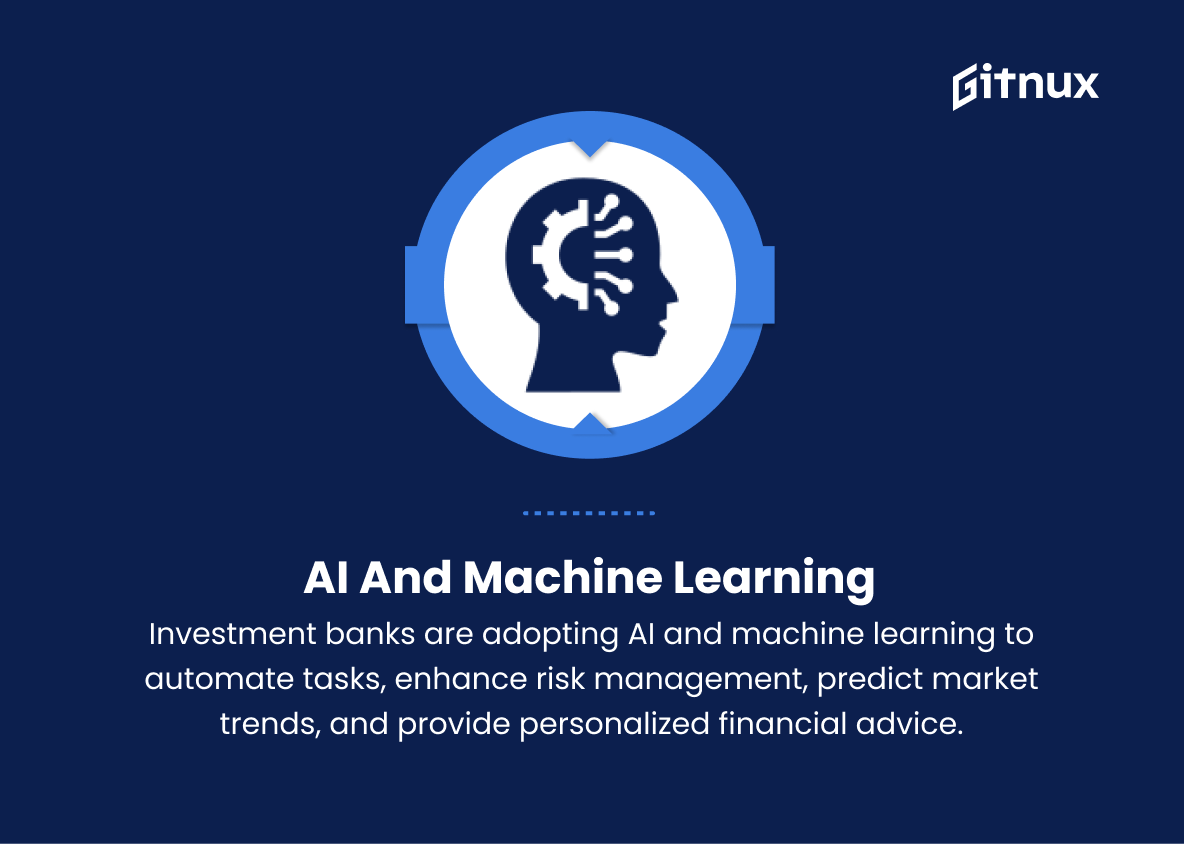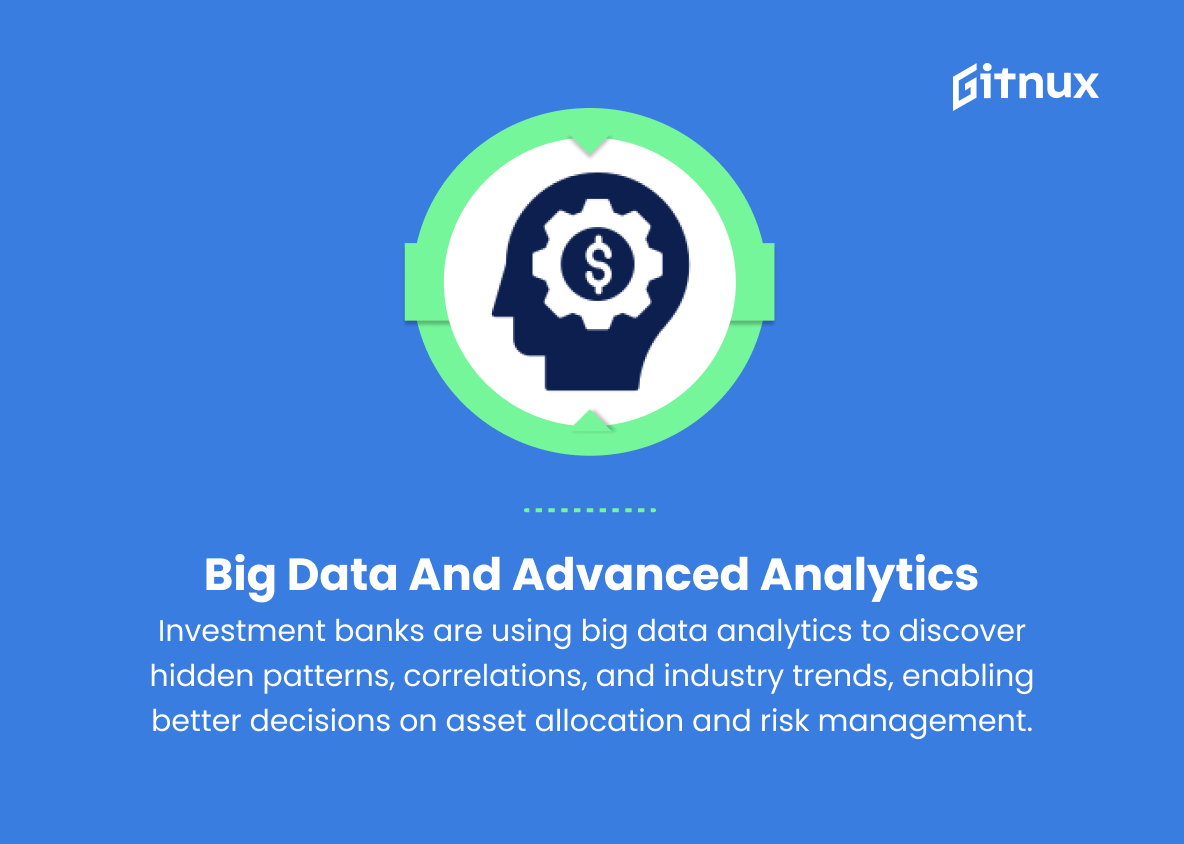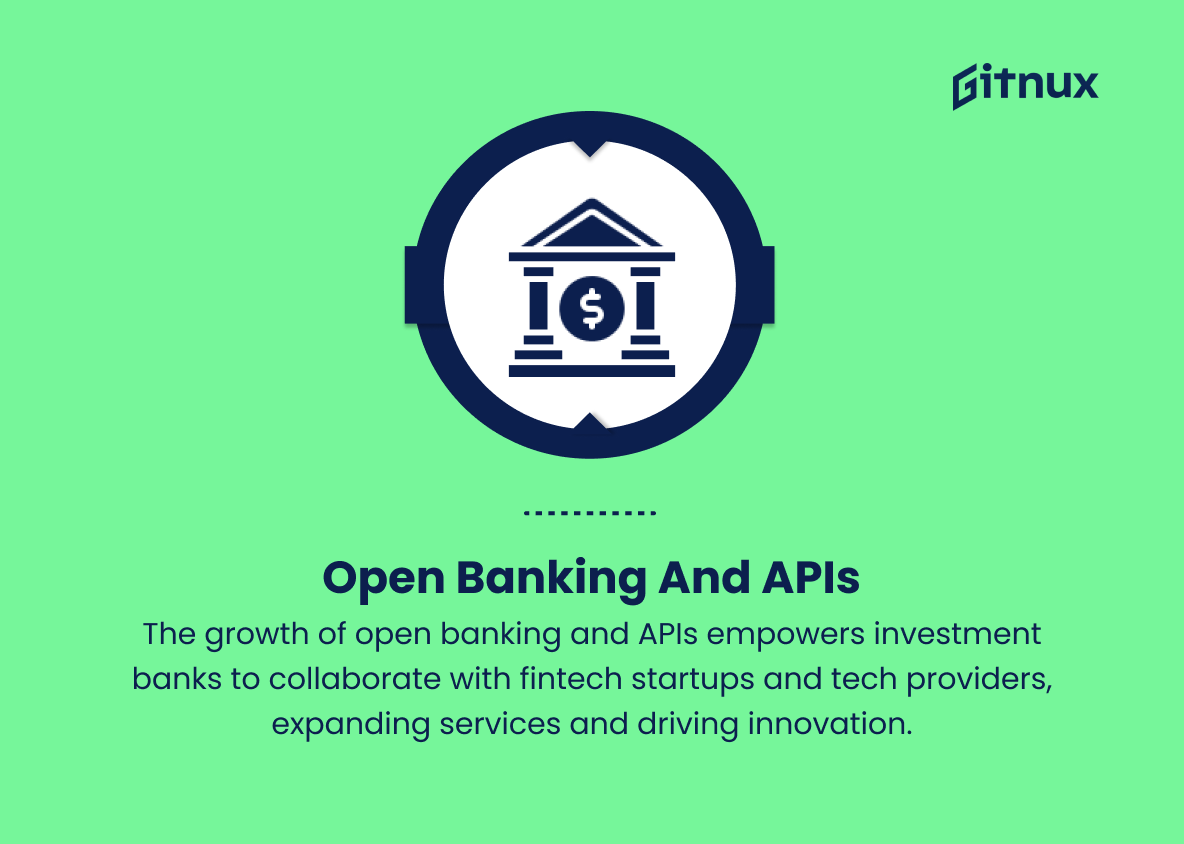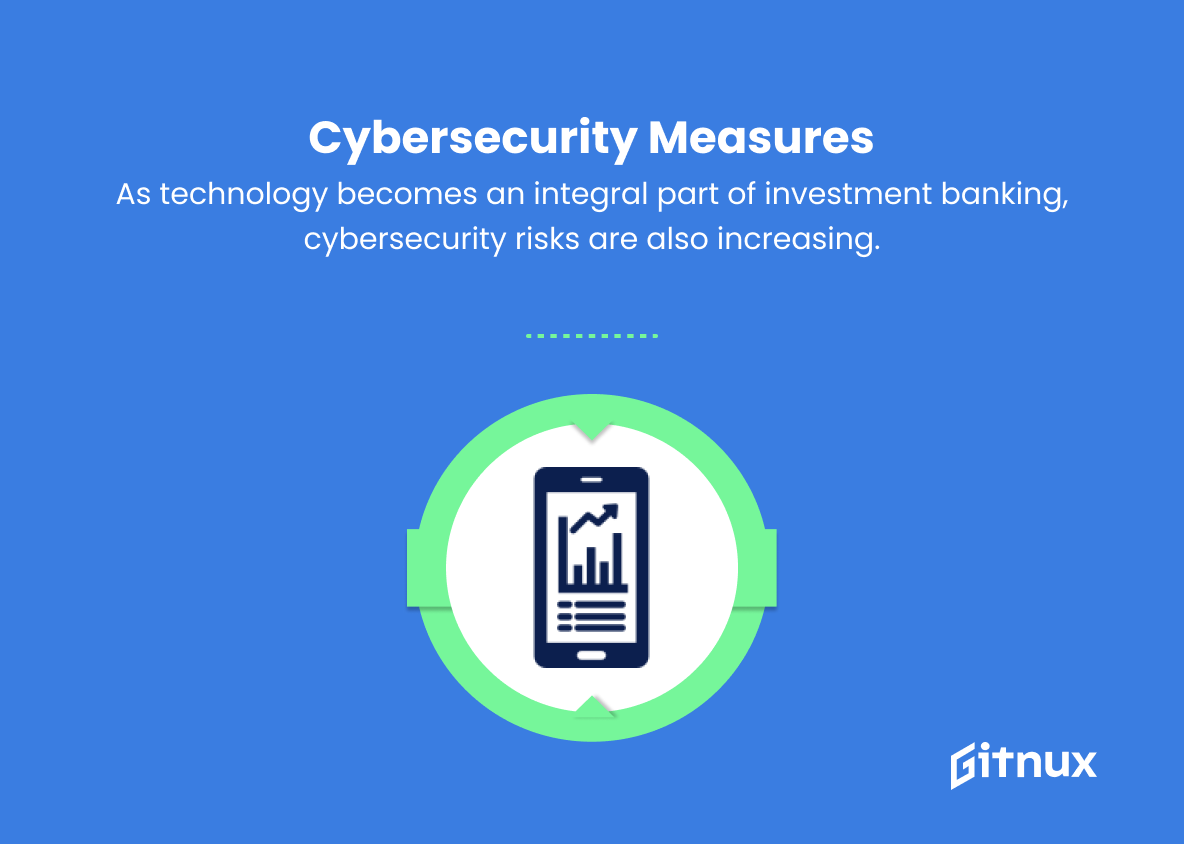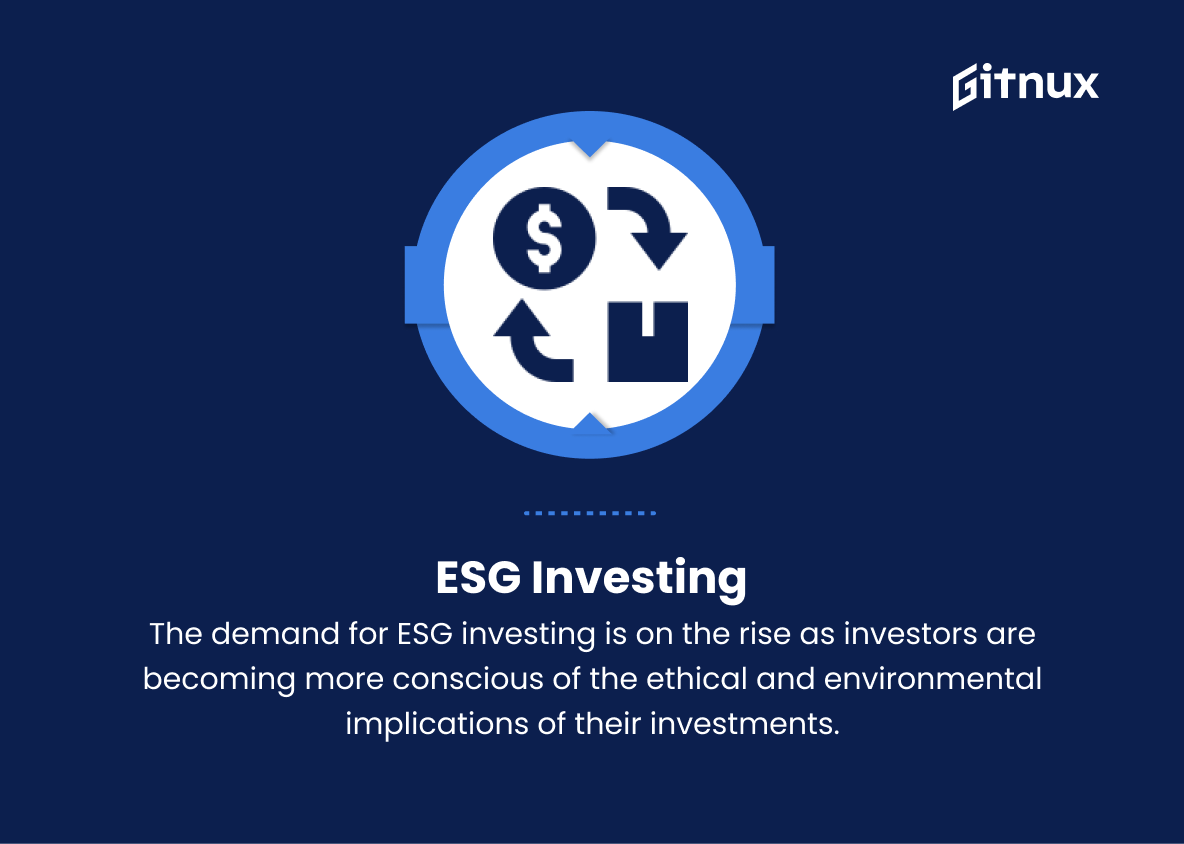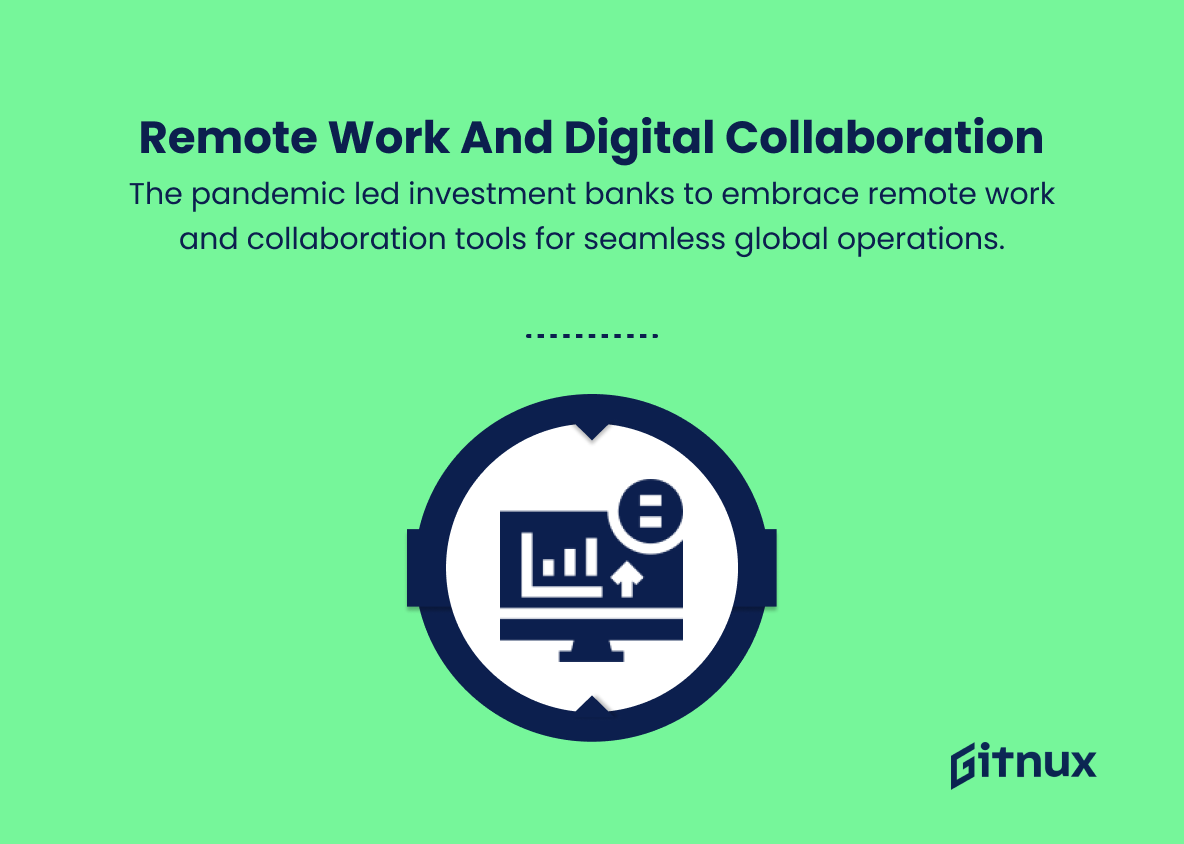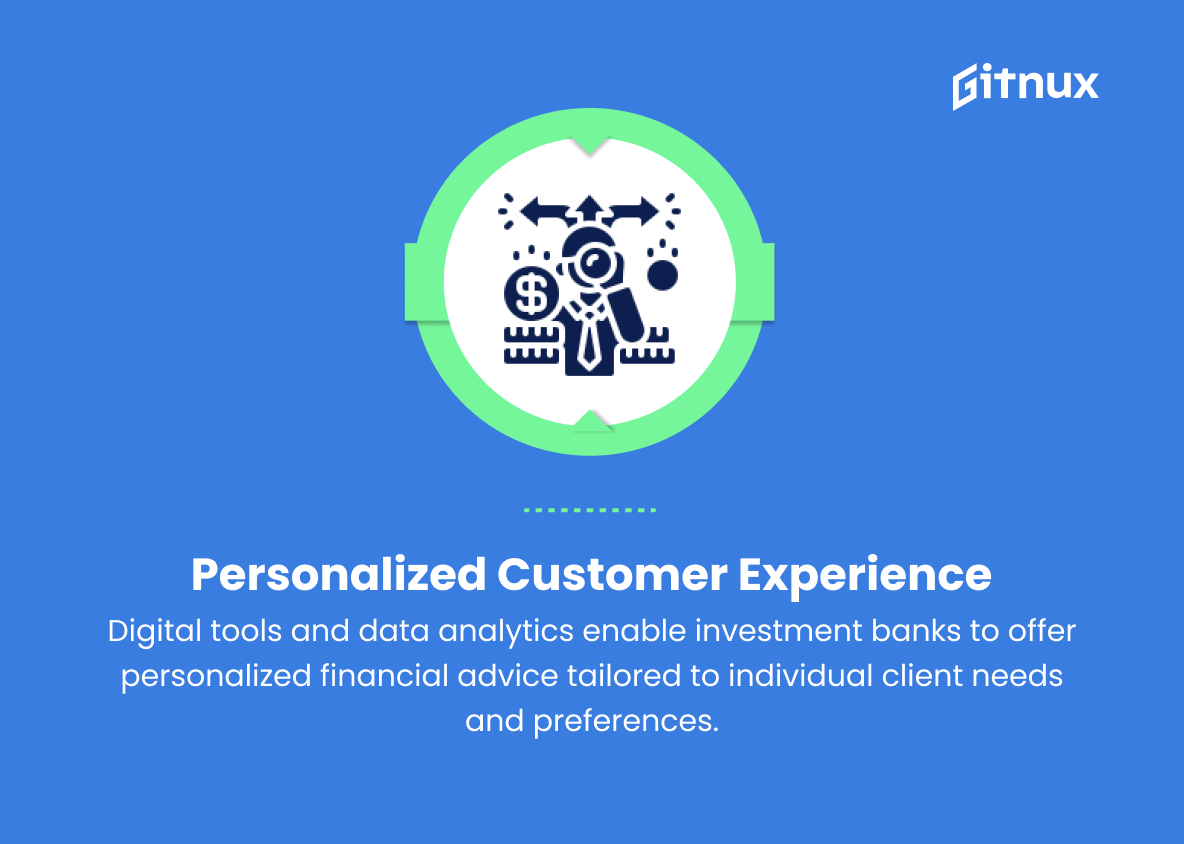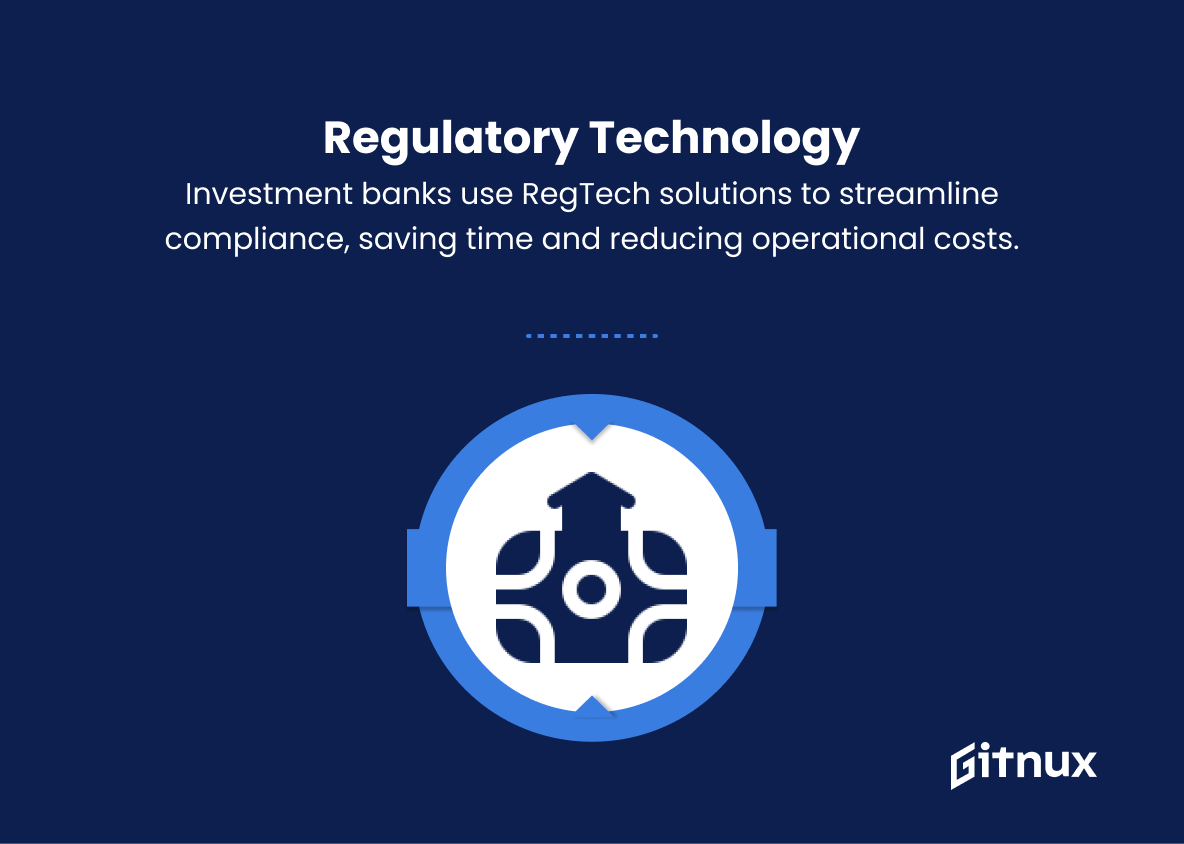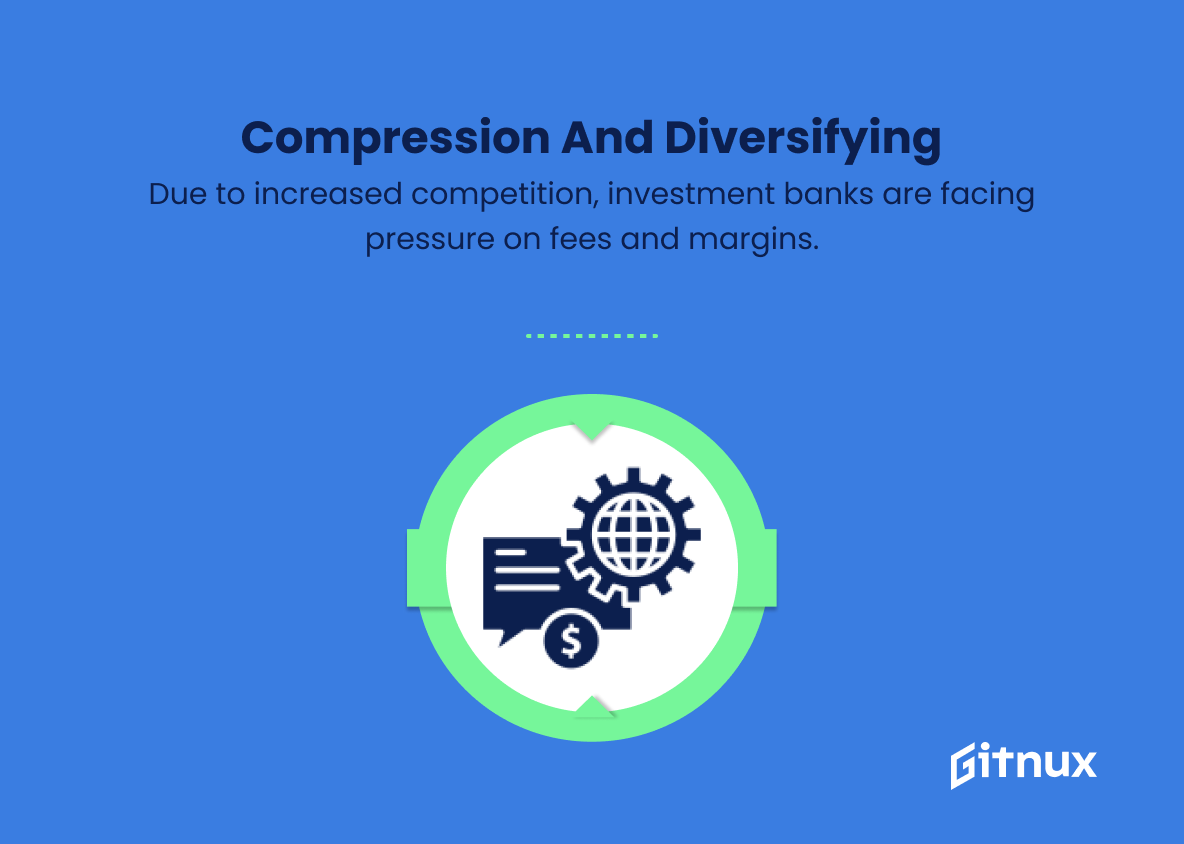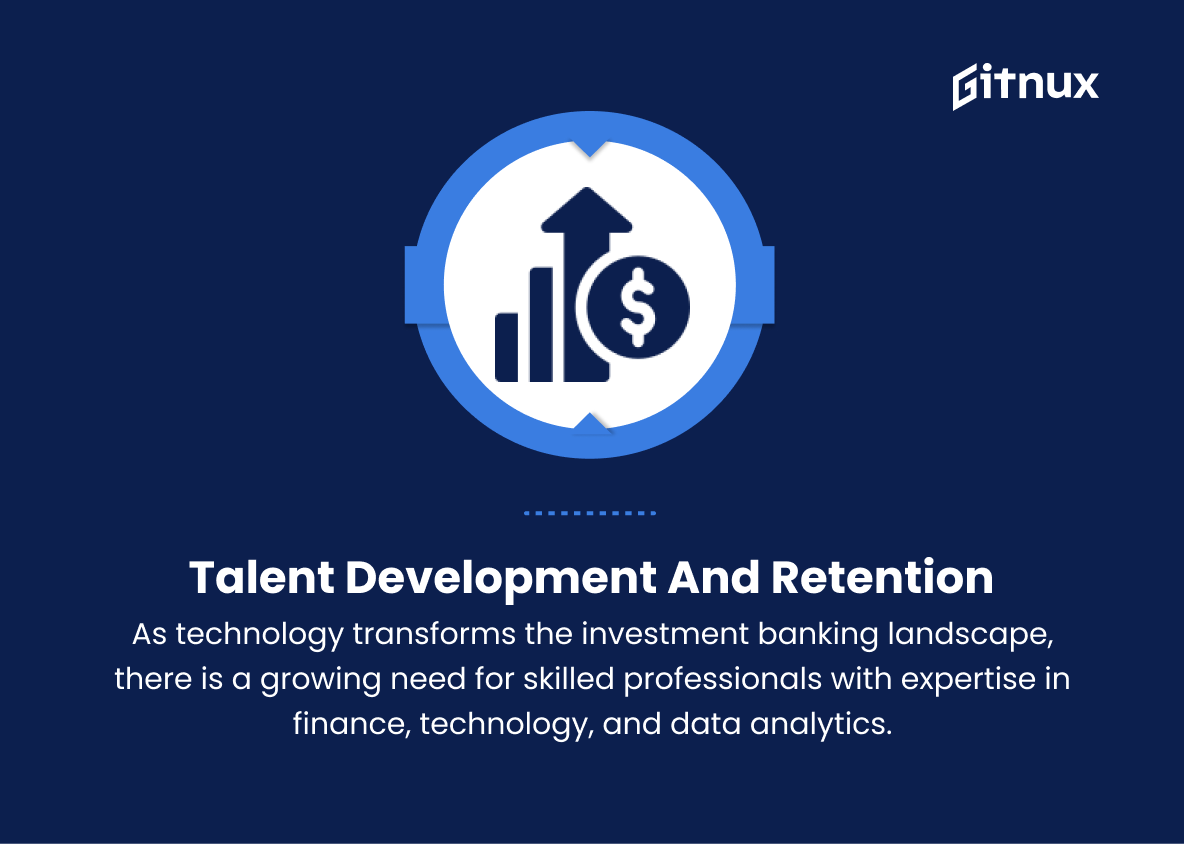In today’s rapidly evolving and complex financial landscape, investment banking has emerged as a critical driving force. As a cornerstone of global finance, investment banks play an essential role in supporting economic growth, facilitating capital formation, and creating opportunities for individuals and organizations alike. Over the past few years, investment banking trends have undergone significant shifts, addressing emerging challenges and capitalizing on new opportunities.
In this insightful blog post, we delve into the current state of the industry by examining the most prominent trends in investment banking, exploring their implications, and offering valuable insights for both finance professionals and market participants seeking to navigate this dynamic landscape. Join us as we unpack the forces shaping the future of investment banking and contemplate the potential impact on our financial ecosystem.
Top Investment Banking Trends
1. Artificial Intelligence and Machine Learning
Investment banks are increasingly utilizing AI and machine learning tools to automate routine tasks, improve risk management, predict market trends, and offer personalized financial advice to clients.
2. Robotic Process Automation
RPA is being used to streamline back-office and middle-office functions, such as settlements, reconciliations, client onboarding, and regulatory compliance, allowing banks to save time and reduce operational costs.
3. Big Data and Advanced Analytics
Investment banks are leveraging big data analytics to uncover hidden patterns, correlations, and industry trends, which helps them make more informed decisions about asset allocation and risk management.
4. Blockchain and Distributed Ledger Technology
Distributed ledger technology (DLT) is being tested to improve efficiency and security of various investment banking processes, like cross-border payments, trading and settlement, and managing post-trade activities.
5. Open Banking and APIs
The rise of open banking and APIs is enabling investment banks to easily collaborate with fintech startups and other technology solutions providers to expand their service offerings and drive innovation.
6. Cybersecurity Measures
As technology becomes an integral part of investment banking, cybersecurity risks are also increasing. Banks are adopting advanced cybersecurity measures to protect client information, transactions, and other sensitive data.
7. Environmental, Social, and Governance (ESG) Investing
The demand for ESG investing is on the rise as investors are becoming more conscious of the ethical and environmental implications of their investments. Investment banks are offering tailored ESG investment solutions to cater to this growing niche market.
8. Remote Work and Digital Collaboration
The COVID-19 pandemic has prompted investment banks to adopt remote work and collaboration tools, ensuring seamless operations and communication between teams located across the globe.
9. Personalized Customer Experience
The use of digital tools and data analytics is allowing investment banks to deliver a more personalized customer experience and offer tailor-made financial advice based on individual client needs and preferences.
10. Regulatory Technology (RegTech)
Investment banks are utilizing RegTech solutions to streamline regulatory compliance processes, which helps them save time, reduce the risk of non-compliance, and minimize operational costs.
11. Consolidation and Mergers
The industry is witnessing increasing consolidation and mergers & acquisitions among investment banks as market players look to streamline operations and drive growth by leveraging synergies.
12. Fee Compression and Revenue Diversification
Due to increased competition, investment banks are facing pressure on fees and margins. As a result, they are focusing on diversifying revenues through the introduction of new products and services.
13. Talent Development and Retention
As technology transforms the investment banking landscape, there is a growing need for skilled professionals with expertise in finance, technology, and data analytics. Investment banks are investing in talent development programs, employee engagement initiatives, and mentorship to attract and retain the best talent.
Implications
Investment banking is undergoing a paradigm shift as emerging trends like AI, machine learning, RPA, and big data analytics are automating routine tasks and enabling data-driven decision-making. Blockchain technology and open banking are poised to enhance process efficiency and facilitate collaboration with fintech providers. The newfound reliance on remote work, coupled with an emphasis on personalized customer experiences, ensures seamless operations and elevates investment banks’ service offerings.
As cybersecurity risks rise, banks are adopting advanced measures to protect sensitive data and mitigate potential threats. Furthermore, the growing demand for ESG investing reflects an industry-wide interest in ethical and sustainable practices. Amidst consolidation and merger trends, banks face pressure to diversify revenues by exploring new products and services. To remain competitive, investment banking must prioritize talent development and retention strategies, fostering skills in finance, technology, and data analytics to meet the challenges of the evolving landscape.
Conclusion
In summary, the landscape of investment banking is ever-evolving, influenced by technological advancements, an increasingly complex regulatory environment, and shifting client needs. Staying abreast of these trends will be critical for investment banks to remain competitive and to capitalize on new opportunities. This will require adapting their strategies, fostering a culture of innovation, and developing a deep understanding of the rapidly changing market dynamics. As the industry continues to be disrupted and transformed, banks that can adapt and stay ahead of the curve will be better poised to thrive in the years to come.
